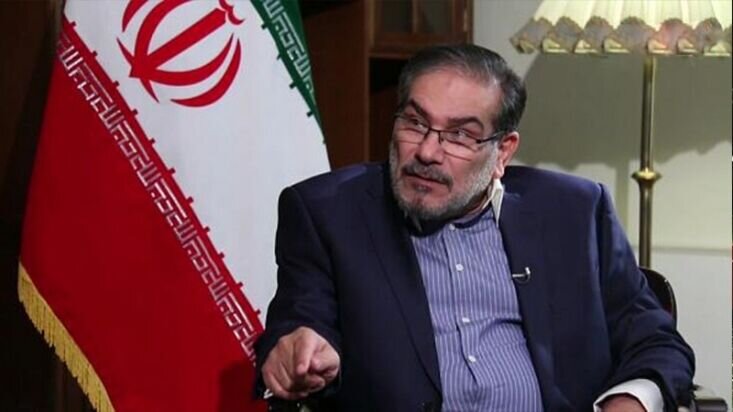Security chief: Iran favors de-escalation, but will respond strongly to aggression

TEHRAN – The secretary of Iran’s Supreme National Security Council (SNSC) has said Tehran’s strategic policy is to reduce tensions in the Middle East but the Islamic Republic will give a crushing response to any act of aggression.
“Iran’s strategic policy is to reduce tensions, avoid any conflict and resolve regional crises through dialogue,” Ali Shamkhani said on Wednesday, according to Mehr news agency.
“However, the country is fully prepared to monitor any intention or attempt to attack the Islamic Republic or its interests and will surprise aggressors most severely through a crushing and comprehensive response to possible evil actions,” he added.
The remarks came after Saudi Arabia said it would show evidence linking Tehran to an attack on its oil industry and the United States made veiled military threats against Iran.
Iran has denied any involvement in the attack and described U.S. Secretary of State Mike Pompeo’s claims that the drone attacks might have originated from Iran as “maximum deceit” after “maximum pressure” on Iran.
The United States and Saudi Arabia have been repeatedly claiming that Iran provides arms to Yemenis. However, Shamkhani said the Yemeni Army itself designs and produces its weapons and linking their weapons to other countries is intended to avoid answering questions about the waste of the country’s resources for purchasing “modern but ineffective” weapons from the West.
The Yemeni forces on Saturday launched drone attacks on two plants at the heart of Saudi Arabia’s oil industry, including the world’s biggest petroleum processing facility.
Since March 2015, Saudi Arabia and some of its Arab allies have been carrying out deadly airstrikes against the Yemenis to restore power to fugitive former president Abd Rabbuh Mansour Hadi, a close ally of Riyadh.
Official UN figures say that more than 15,000 civilians have been killed in Yemen since the Saudi-led bombing campaign began.
The Saudi war has impacted over seven million children in Yemen who now face a serious threat of famine, according to UNICEF figures. Over 6,000 children have either been killed or sustained serious injuries since 2015, UN children’s agency has reported. The humanitarian situation in the country has also been exacerbated by outbreaks of cholera, polio, and measles.
Shamkhani reiterated Iran’s long-held policy that there is no military solution to the Yemen conflict, saying, “Only through intra-Yemeni dialogue and without intervention of third parties the war will come to an end.”
SP/PA
Leave a Comment